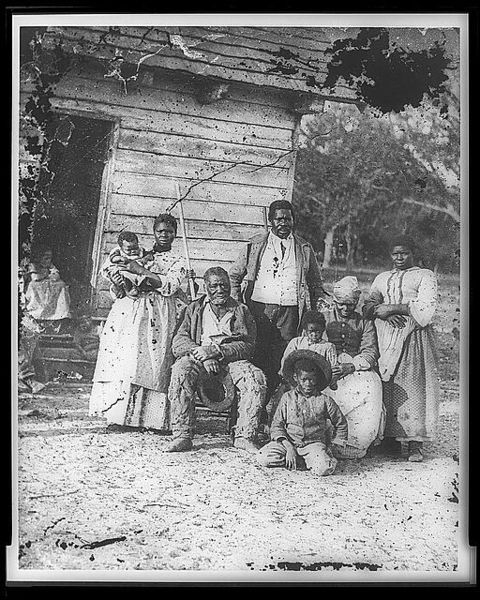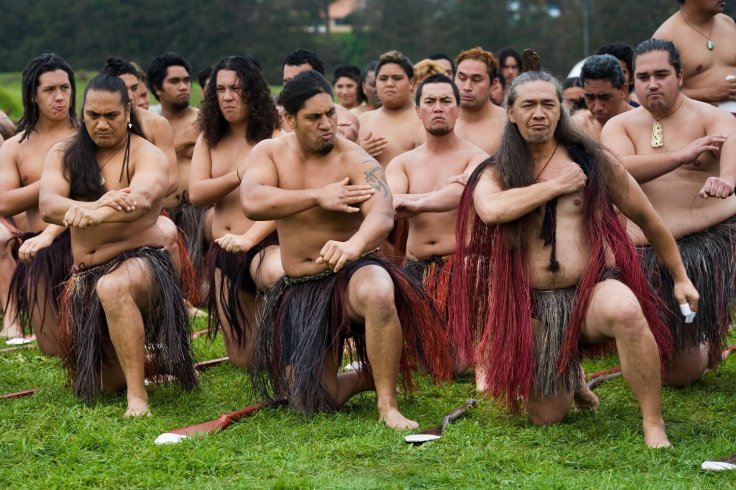California's state Senate voted on Saturday, August 30 to set up a task force to consider reparations to African Americans, focusing the decedents of slaves.
As reported, the nine-member commission would conduct a study on the impact of slavery in California. The commission is expected to make recommendations by July 2023 on a form of compensation. These recommendations will also include how the reparations should be given and who should qualify for it.
"African Americans continue to suffer debilitating economic, educational, and health hardships" due to the continuation of discrimination in society, the Bill states. However, the California Assembly still needs to vote on Monday, August 31 to approve the final Bill before lawmakers adjourn for the year, though lawmakers overwhelmingly already approved an earlier version of the bill.

As reported by Associated Press, Democratic Sen. Holly Mitchell of Los Angeles said, "Let's be clear: Chattel slavery, both in California and across our nation, birthed a legacy of racial harm and inequity that continues to impact the conditions of Black life in California."
She also pointed out the disproportionate homelessness, involvement in the criminal justice system, unemployment, lower academic performance, and higher health risks during the COVID-19 pandemic, which killed over 180,000 Americans.
Reparations to African Americans
Even though before the Civil War California was officially a free state, Mitchell noted that at that time the officials took some legal and judicial steps in support of slavery while dominating the Black Americans in Southern states.
The task force would start the discussion before June 2021 and could recommend other forms of rehabilitation or redress. Reparation for slavery is not a new idea. In the past few years, New York, Texas, and Vermont have considered similar legislation. Even years ago, before the Civil War ended, General William Tecumseh Sherman issued an order—that was never carried out—in South Carolina. He wanted 40 acres of land and the loan of an Army mule to set aside for each former slave family.
Sen. Steven Bradford, a Democrat from Gardena who supported the bill, citing General Sherman's idea said that if the 40 acres and a mule were delivered to the descendants of those slaves today, "we would all be billionaires."
"I hear far too many people say, 'Well, I didn't own slaves, that was so long ago.' Well, you inherit wealth — you can inherit the debt that you owe to African-Americans," he added.
Māori Reparations as Example

Over the past 35 years, the government of New Zealand has been building a system to make amends to Māori—part of the indigenous population of the country—for past betrayals.
In 2008, representatives of seven Maori tribes, gathered at parliament house in Wellington to receive almost NZ$420 million in forestry assets, settling indigenous grievances dating back to the mid-19th century. The deal between the New Zealand government and the Maori people grants 100,000 Maori in the central North Island 435,000 acres of commercial forestry land worth more than $NZ195 million.
The New Zealand government has been negotiating with the Maori to redress historic grievances since the mid-1980s. The three largest previous settlements worth about NZ$170 million dollars each. Those agreements were signed in the 1990s. However, the government has also set a target of 2020 for finalizing deals on remaining claims by the Maori population of the country.









